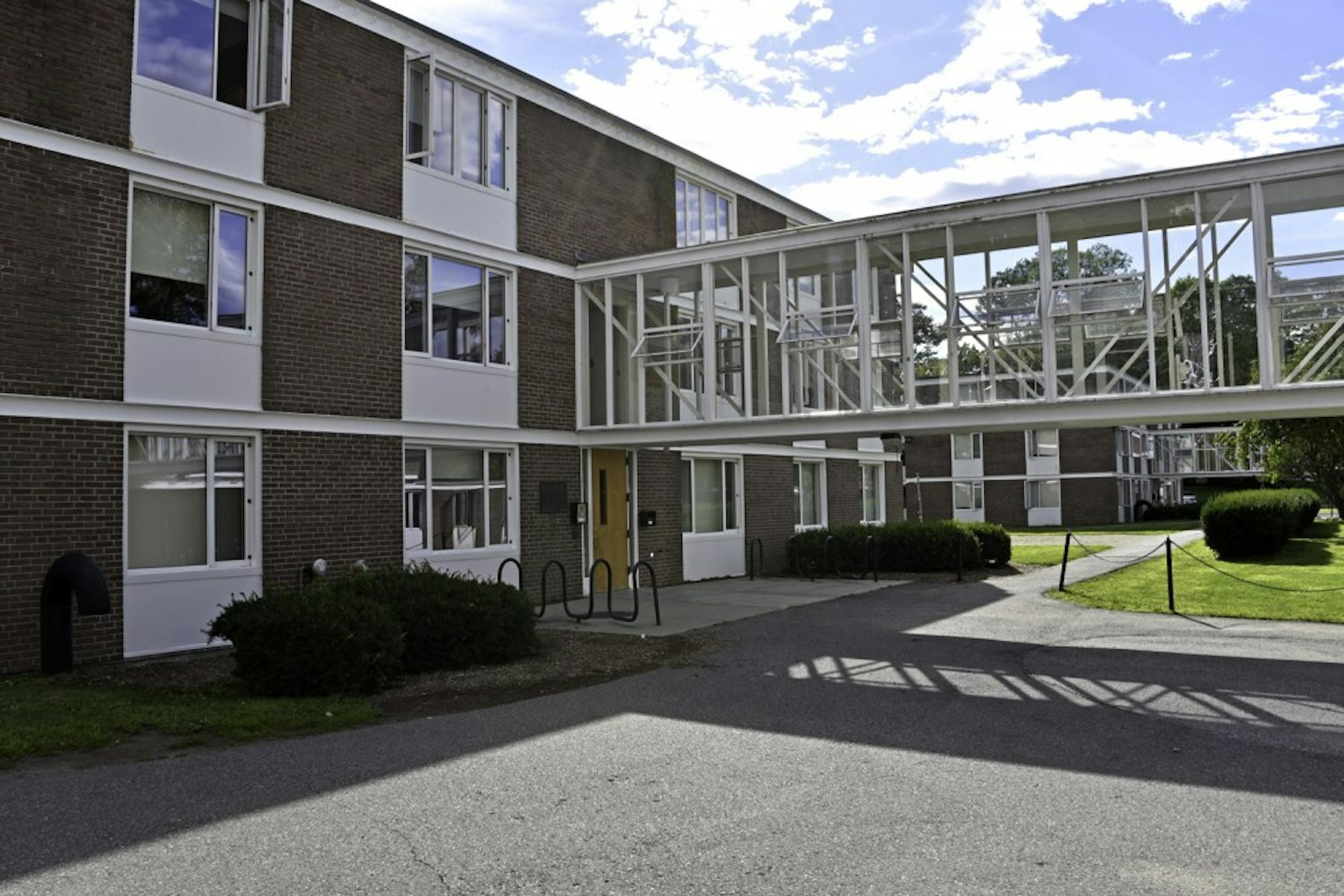Just over a year ago, I too was fistpumping to Pitbull songs at a stranger’s dorm party. In fact, I think most people in attendance couldn’t name whose dorm they were in. Like moths to a flame, freshmen flock to any room with poorly-strung LED lights and a speaker blaring crowd pleasers.
With the sorority recruitment process now behind me, I’m busy adjusting to the landscape of Greek life. So far, it has been a never-ending series of tails, joint meetings, supers and semi-formals (I’m convinced these are all just different names for the same things). The days of sitting in my freshman year dorm waiting for a text that might never come — about some party where I likely wouldn’t have a great time — seem far away now.
In some ways, though, all this change has made me nostalgic for my first weeks at Dartmouth. While my frat-banned days were quite different than this year’s cohort of rowdy freshman, looking into the phenomenon of “Choatapalooza” and “Ranvir Ragers” has made me grateful for the frat ban in ways I never expected.
I first heard about “Choatapalooza” through my friend Mollie Berry ’25, who is currently an undergraduate advisor for second floor Brown. It wasn’t until I saw video evidence of ’26s packed like sardines into the Brittle common room that I fully understood what Berry meant when she said you could not move or hear yourself talk in there.
When I spoke to the six members of Black Tie Black Out, the band that performed at “Choatapalooza,” they agreed that they’d organized the concert as a sort of parody of the Dartmouth Programming Board’s Fallapalooza. They advertised the event via a Fizz post which garnered over 850 upvotes, but to the listserv-trained eye, the poster resembled any fraternity’s event poster — down to the obligatory “no 26s” tagline replaced with “26s only.”
“It really took on a life of its own,” said band member Daniel Bond-Brown ’26 in reference to the Fizz post advertising the event.
According to the band, at its peak, “Choatapalooza” had nearly 300 attendees, although it was difficult to tell with so many people coming and going. During the concert, the Department of Safety and Security was called and officers arrived on the scene.
“We got a noise complaint and responded,” Safety and Security director Keysi Montas wrote in an email to The Dartmouth. “[We] noticed people singing and dancing, no alcohol and most [’26s] dispersed upon our arrival.”
Jack Vawrinek ’26, a DJ at the concert, said that officers did not break up the event; instead they stood back and oversaw some of the concert. When I asked Jack how he got involved in “Choatapalooza,” he answered that one of the Black Tie Black Out band members had heard him queuing songs in 8 Ball Hall. Black Tie Black Out itself was also formed through chance encounters during Trips, Orientation week and shared dorm buildings.
Ranvir Deshmukh ’26, of “Ranvir Rager” fame, said he attended the Choatapalooza concert for about five minutes before leaving.
“I usually don’t go to parties and I don’t like going to any parties,” Deshmukh said. “I just love organizing parties.”
His first “rager” took place sometime during week three, after Deshmukh purchased a disco light from Amazon. Deshmukh said he made a dance party poster “like the frats do” and posted it on his Snapchat story. From there, a screenshot of the poster went viral on Fizz.
“I had just named [the event] ‘dance party’ in general, but people knew I was the one who had asked everyone to gather, so they just named it ‘Ranvir Rager’,” Deshmukh explained. “I didn’t even know what a rager meant.”
These ragers take place in the Fayerweather basement, which the ’26s lovingly call the Fayesement. The reason for this is that the basement can host more people than Ranvir’s dorm, and he wanted everyone to be able to attend.
“I think [a gathering space] is all that events are for freshmen a lot of the time. It’s just finding an agreed upon crowded space,” Vawrinek said.
On any given on-night, ’26s advertise their events on Fizz. Some past events include a Mia Khalifa themed “Bimbo Bash” and a Weezer party in the East Wheelock housing community. Because the events are anonymously posted, any ’26 with a Fizz account can attend them. In effect, members of the Class of 2026 from all sides of campus are able to join together for these dance parties and mingle amongst other members of their class.
“I’d encourage ’26s to keep exploring new social scenes, but at the same time, there does not ever need to be that many people inside Brittle ever again,” Berry said in reference to “Choatapalooza.”
So why am I so grateful for the frat ban? I did not meet any of my closest friends in a frat basement. Like the members of Black Tie Black Out, I had a series of chance encounters that created my friend group. Dartmouth social life is daunting enough on its own without factoring in Greek life. Freshmen need to get creative and make their own spaces before learning to navigate their way around Greek houses, which is exactly what the ’26s are doing.
At the end of the day, I think Deshmukh said it best.
“The frat ban is a good thing to have because you get to meet all the ’26s. If there is no frat ban, you won’t get connected to the people in your class and you’ll just go to frats.”

Arizbeth Rojas ’25 is a managing editor of the 181st directorate from Dallas, TX. When she’s not listening to DJ Sabrina the Teenage DJ or planning her next half marathon, you can find her munching on a lox bagel.




